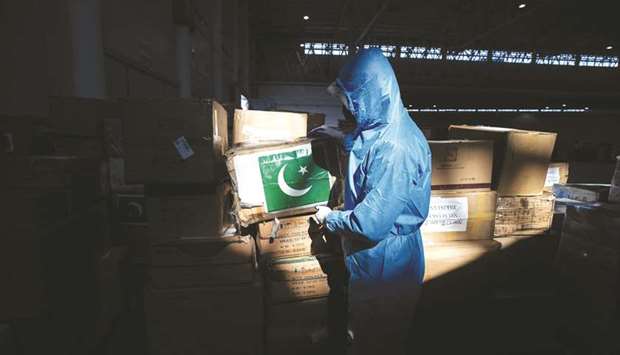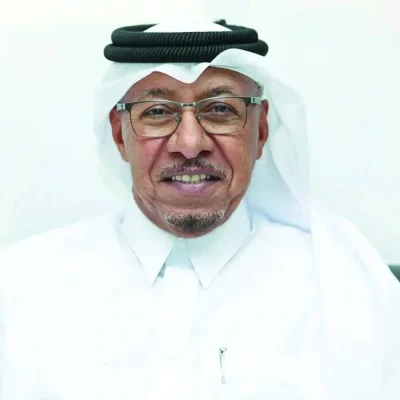The Foreign Office said yesterday that it has established a hotline to facilitate contact with the Pakistani students and community members stuck in China’s coronavirus-hit Wuhan.
The development came a day after the Islamabad High Court (IHC) heard a petition filed by the parents of the Pakistani students stuck in China.
The High Court, while stating that it would not interfere with the state policy, had asked the government to provide concrete assurance to the families of those affected.
Foreign Office spokesperson Aisha Farooqui announced on Twitter yesterday that it has established a hotline to facilitate the parents or guardians of the Pakistani students.
Earlier, Pakistani students in China had said that they were terrified and were “being kept in one room”.
It was learnt that a few of the students had been tested for the COVID-19 coronavirus amid a hysteria that has spread throughout the world.
During the hearing on Friday, the IHC’s Chief Justice Athar Minallah told one of the government representatives that the Pakistani students had themselves reached out to the court for help.
“Students present in China are experiencing severe mental stress,” the judge told the officials present.
One of the government representative informed the court that Pakistan has formed a joint working group with the Chinese government to resolve the students’ issues.
He added that the government is trying to resolve the grievances to the best of its abilities.
At the hearing, Justice Minallah asked why the government had not evacuated the Pakistani students stranded in China.
To this, the foreign ministry director-general said that the Chinese government had advised against evacuating the students as they could pose a risk to people in Pakistan.
Minallah stated that the students who have e-mailed him have not been diagnosed with the coronavirus, and have asked that if they will also be stuck in China till April.
“The court will not intervene in the policy matters of the government,” remarked IHC’s top judge.
However, he made it clear that the government should at least address the concerns raised by the families of those students.
To this, the foreign ministry official present told the court that Pakistan has sent two diplomats to the virus-hit city to assess the problems faced by the students.
Meanwhile, China has said that 33 countries, including Pakistan, and four international organisations, have provided Beijing with medical supplies to fight the coronavirus epidemic in the country.
“According to what we have learned from diplomatic channels, altogether 33 foreign governments and four international organisations have provided China with medical supplies,” Chinese foreign ministry spokesperson Geng Shuang said during his weekly press briefing, reported in Chinese media yesterday.
These are Algeria, Australia, Belarus, Cambodia, Canada, Egypt, France, Germany, Ghana, Hungary, Indonesia, Iran, Italy, Japan, Korea, Kazakhstan, Malaysia, Nepal, New Zealand, Pakistan, the Philippines, Russia, Singapore, Suriname, Tajikistan, Thailand, Trinidad and Tobago, Turkey, the United Arab Emirates, the United Kingdom, the United States, Uzbekistan, Vietnam, the European Union, Unicef, the UNDP, and the International Organisation for Migration.
Geng further shared that a total of 17 foreign governments and one international organisation announced that they would offer medical supplies to China.
“They are Austria, Brazil, the Republic of the Congo, Costa Rica, the Czech Republic, Denmark, Ecuador, Estonia, Kenya, Kyrgyzstan, Latvia, Norway, Palestine, Qatar, Saudi Arabia, Serbia, Slovenia and the United Nations Population Fund.”
In addition, Chile, Equatorial Guinea, North Korea, the Maldives, Mongolia, Myanmar, Vanuatu have also offered China financial and material support in other means, he added.
Geng said that friendly people in many countries, overseas firms and the Chinese community, including students, had also provided a lot of support to Beijing.
The spokesperson added that China mainly relied on its own strength to tackle the epidemic.
“We are confident and capable of doing this. In the meantime, we welcome and thank the international community, the developing countries in particular, for their sincere support and friendly assistance.”

This picture taken earlier this month shows a staffer at a warehouse in Wuhan with medical supplies from Pakistan.


